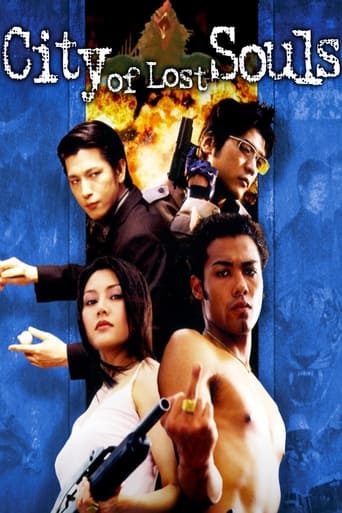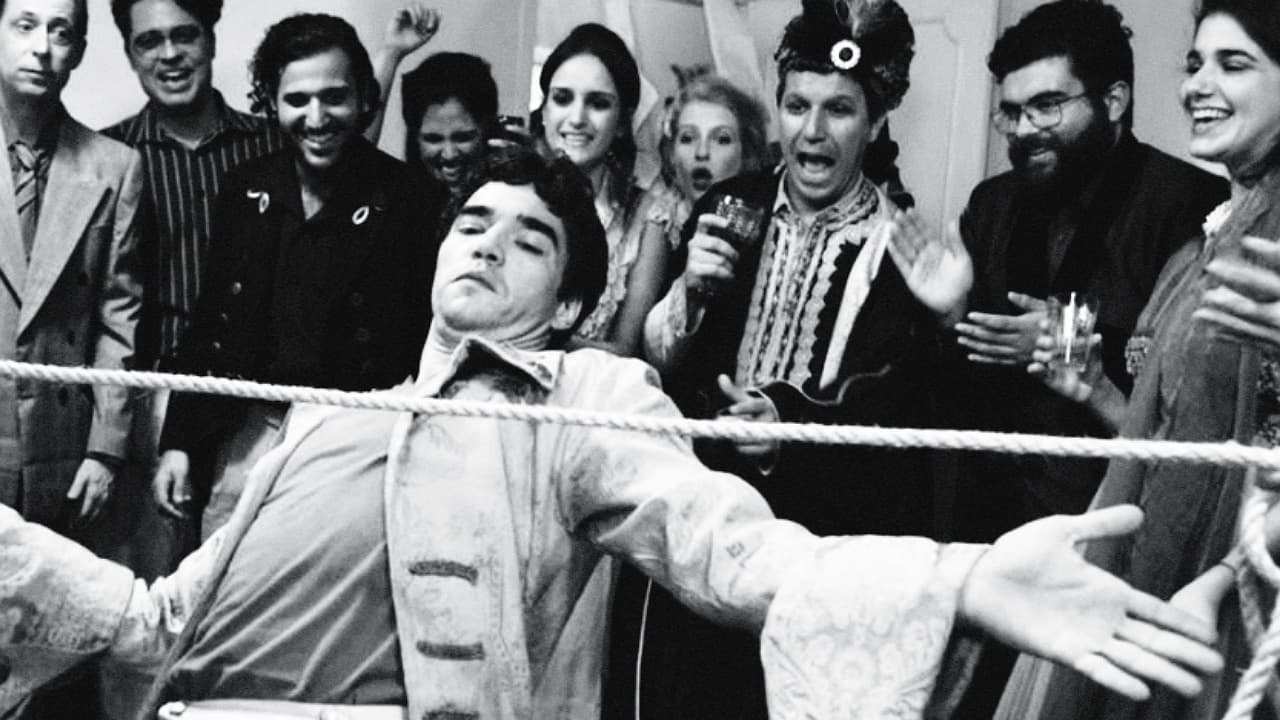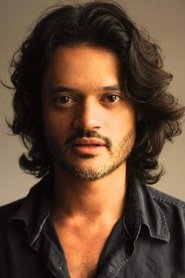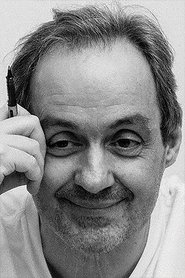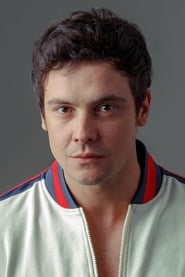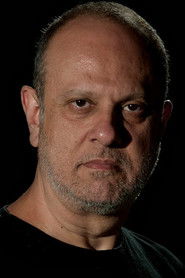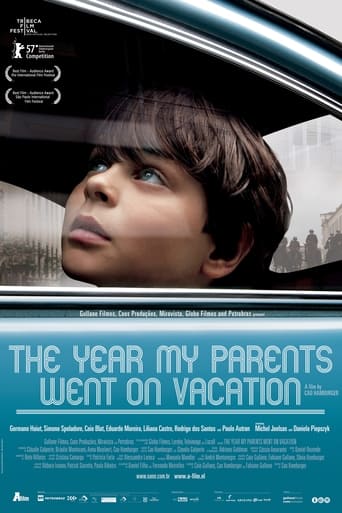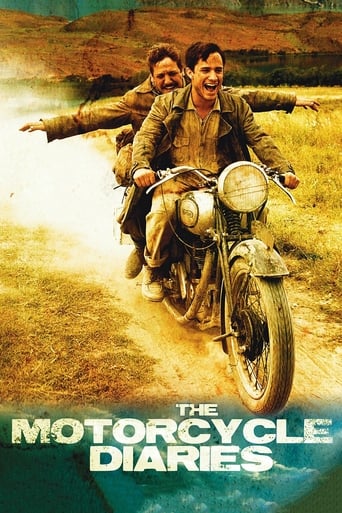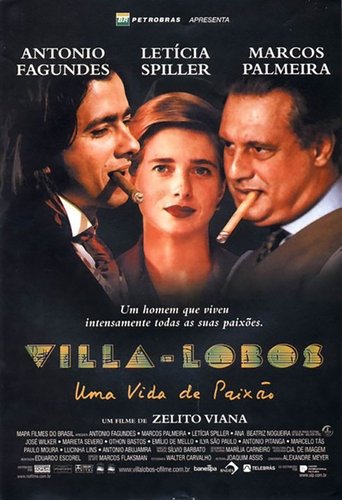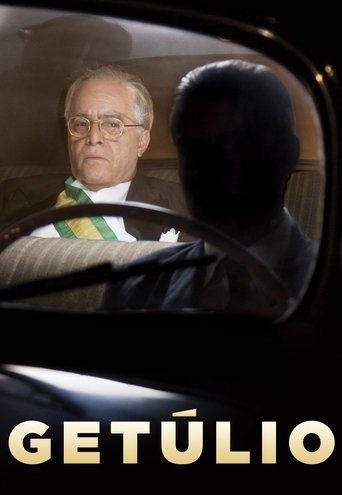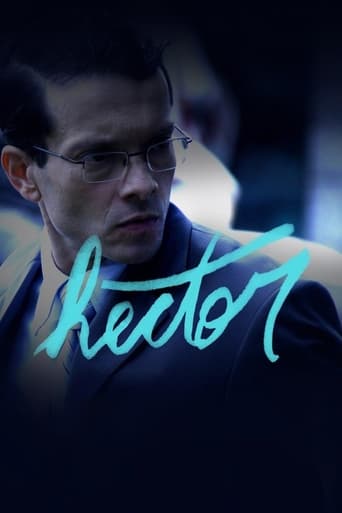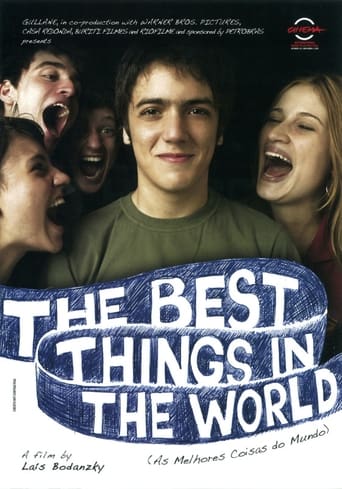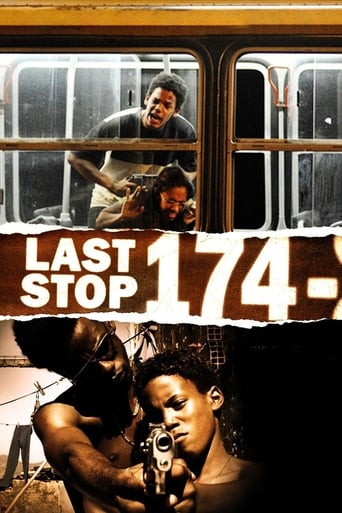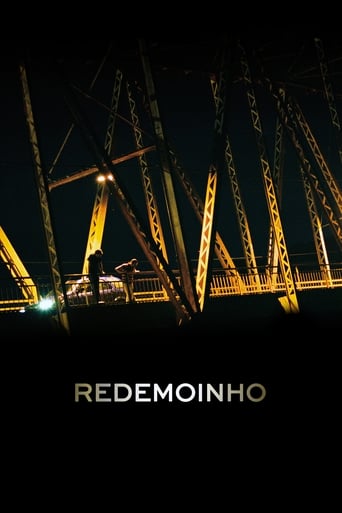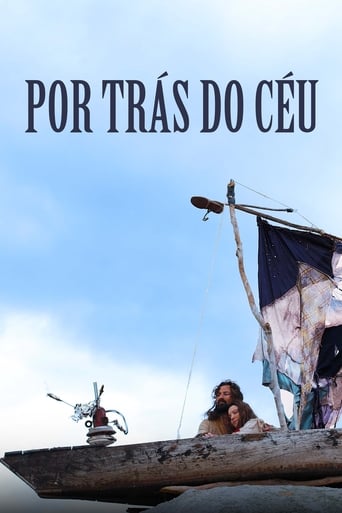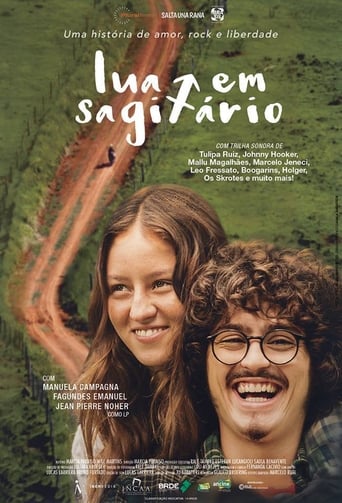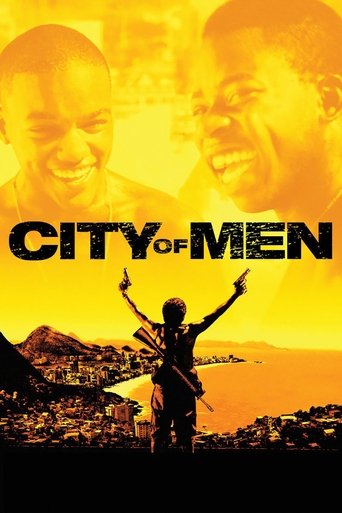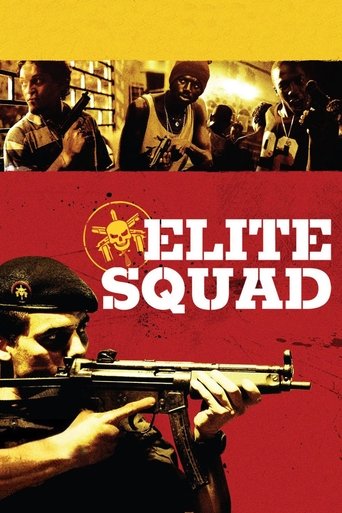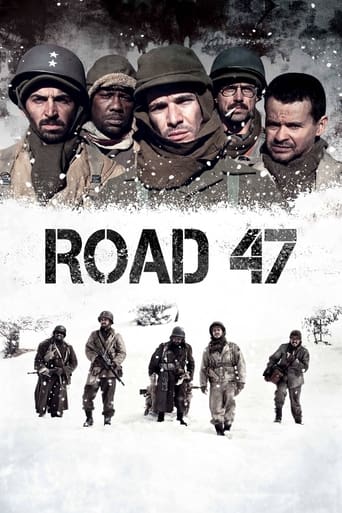
Gloria and Grace
Graça is a single mother who works as a massage therapist and lives with her two children: Moreno, 8, and Papoula, 15. One day, in a visit to the doctor, Graça is diagnosed with a brain aneurism that may rupture at any moment. Desperate about who will take care of her kids in the event of her death, she decides to go after her brother, Luiz Carlos, whom she hasn't seen in over 15 years due to a quarrel. When they meet, however, Luiz Carlos has become Gloria, a beautiful and successful trans woman, who now owns a restaurant and brags about being independent. At first, Gloria is unwilling to reconnect with her family; but as she becomes more guilt-stricken, she accepts Graça's invitation to meet her nephews and eventually realizes that maybe, to be complete, she needs to become a mother.
